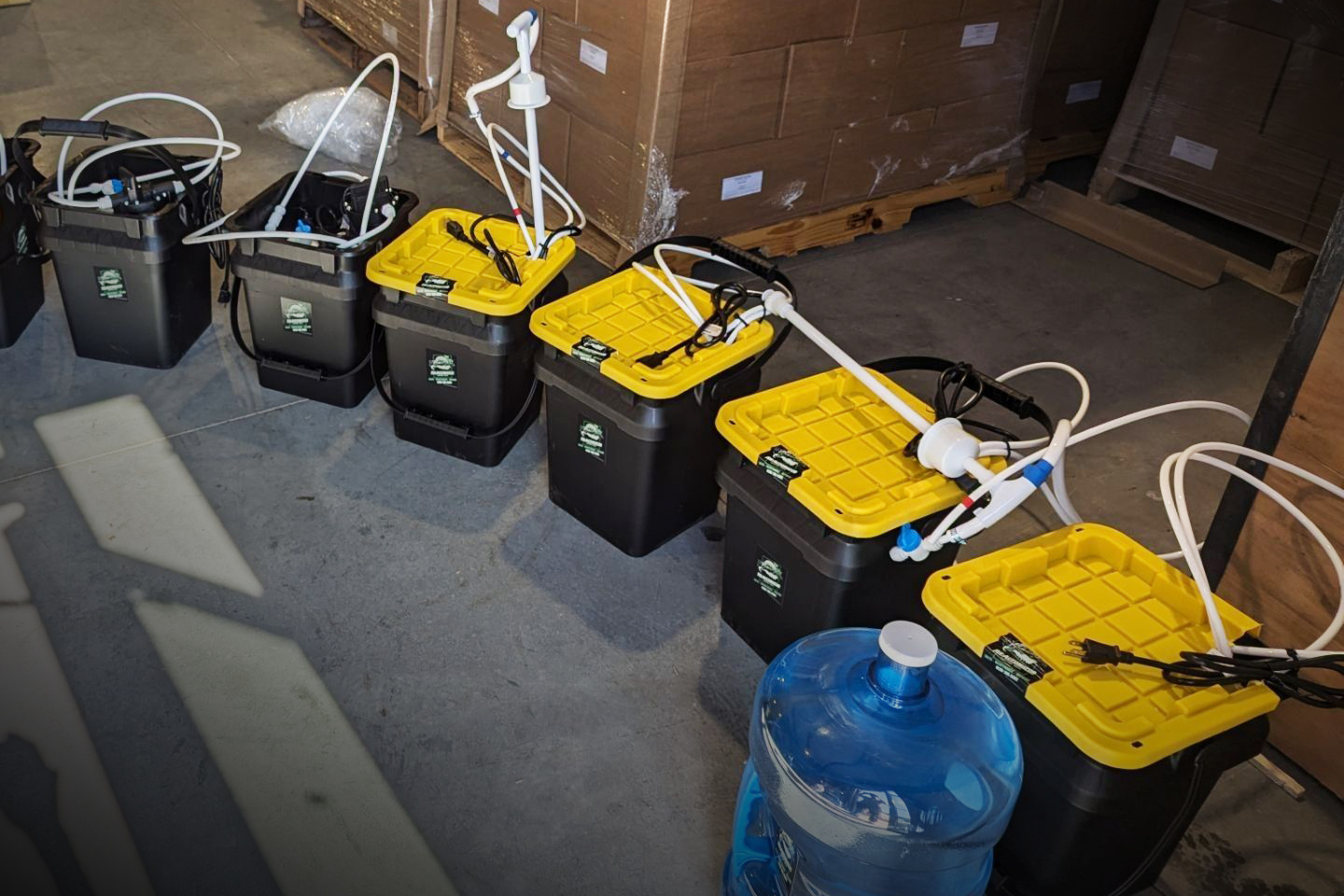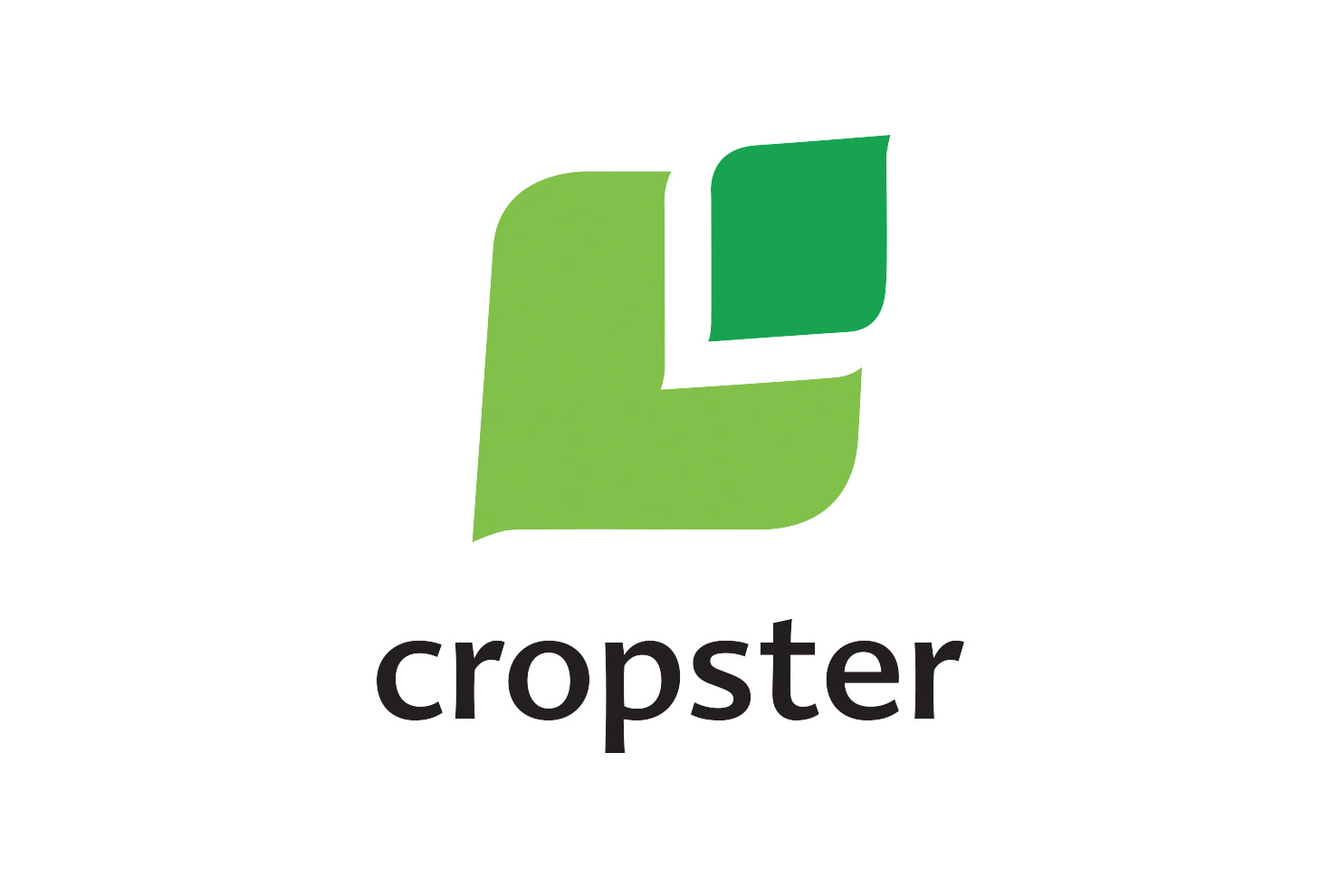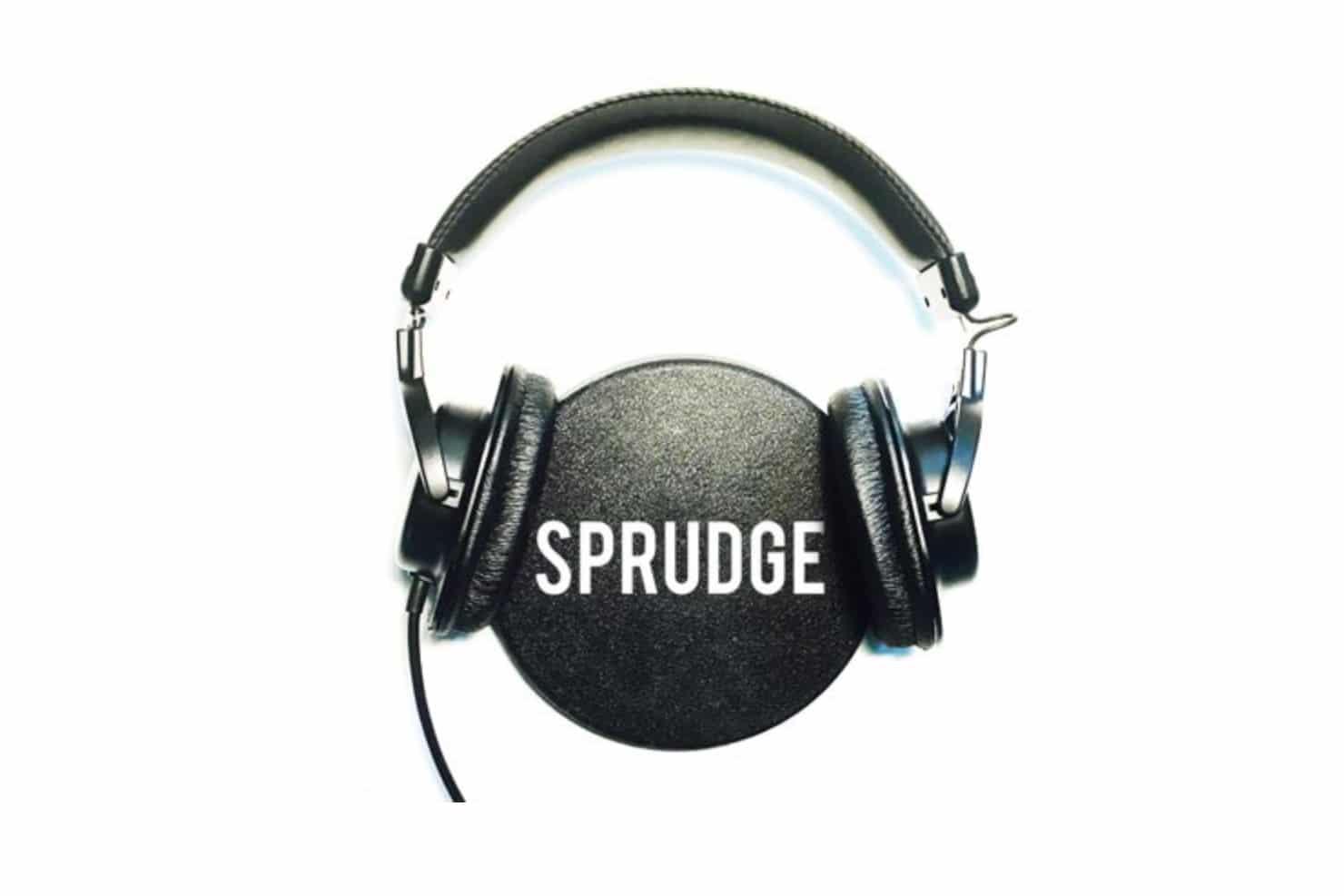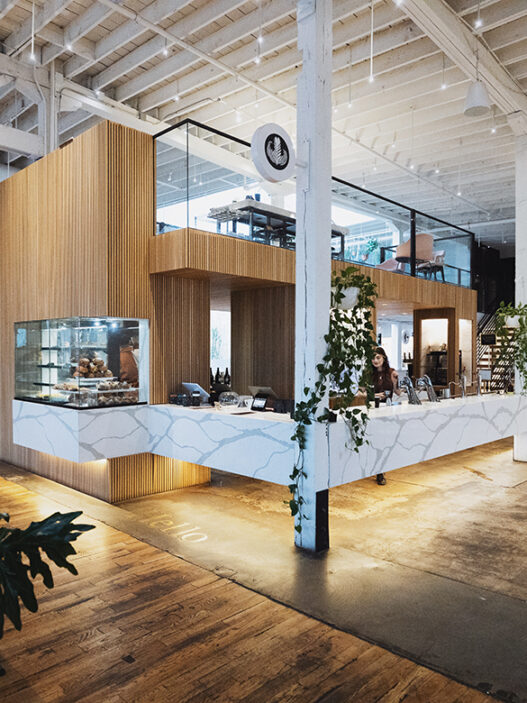North Carolina is still reeling from the devastation brought on by Hurricane Helene at the end of September. Nearly 100 individuals died in the storm and an equal number are still missing. Many folks are without running water, over 10,000 have not power, and road closures in and out of the state are just under 600. These figures are all down significantly from where they once were, according to NC governor Roy Cooper, but the fact remains that there is still a long road to recovery ahead.
The western part of the state was hit particularly hard. We recently wrote about the effect the hurricane had on the thriving coffee community in Asheville, a city once thought to be climate-proof. Without access to water, the coffee industry is Western North Carolina (WNC) is in a holding pattern; even if they had power and road access, cafes aren’t able to operate. In response, many coffee technicians in the area are stepping up to provide mobile water units to coffee shops as a stopgap.
One such business is Re-Automator, an Asheville-based espresso technician service owned and operated by Adam and Natalie Edwards. Working with other area techs including The Service Layer—a network of independent coffee techs—and Asheville-based Underground Mountain, the Edwards are creating and lending out free of charge mobile water systems to allow cafes water access to operate their espresso machines. “Since the hurricane, there has been no water in the area and even once water starts flowing it will likely be weeks to months before it’s potable,” Adam tells Sprudge. “These systems allow cafes to open, provide coffee to the community, and keep their staff employed. I don’t know how long most cafes can afford to stay closed.”
View this post on Instagram
The systems vary based on need, but they are “very similar to what you would see in a well designed coffee trailer or mobile application,” Adam states. Along with five-gallon containers of reverse-osmosis water, the systems generally also include a pump to pull the water into the espresso machine. Through The Service Layer, who worked with individual companies to fund the project, they were able to purchase 12 Caffewerks high-volume pumps (costing over $6,000 in total) that they have since lent out.
Adam states they have built another 12 systems on their own, and there’s still a need for more. In total, 16 units have already been installed thanks to support from Trail Blaze Coffee Academy, Slayer Espresso, Little Waves Coffee Roasters, Variety Coffee Roasters, Luminaire Coffee, Voltage Coffee Supply, and Espresso Medic in Australia.
Re-Automator is currently seeking more roasters and equipment manufacturers to help sponsor these units as well as any individual donors who feel so compelled. Interested parties can reach out to them directly at reautomatortech@gmail.com. Other ways Adam states that folks can get involved is buy purchasing from WNC area roasters, many of whom are aiding in the recovery efforts for the community at large. Or folks could also donate directly to any of the GoFundMe campaigns for cafes trying to get back on their feet; Getchusomegear’s Chris McAuley has put together an updating spreadsheet of fundraising campaigns.
“Make no mistakes about it. This is going to change Asheville for good and the future is uncertain,” Adam states. “I will say that the local, region, and even international private response has been amazing to see and very heartening. Everything from Canadian linemen to friends with pickup trucks full of water and food.”
For more information on the mobile water unit initiative or to stay up to date on the progress, follow Re-Automator’s Instagram account.
Zac Cadwalader is the managing editor at Sprudge Media Network and a staff writer based in Dallas. Read more Zac Cadwalader on Sprudge.

























